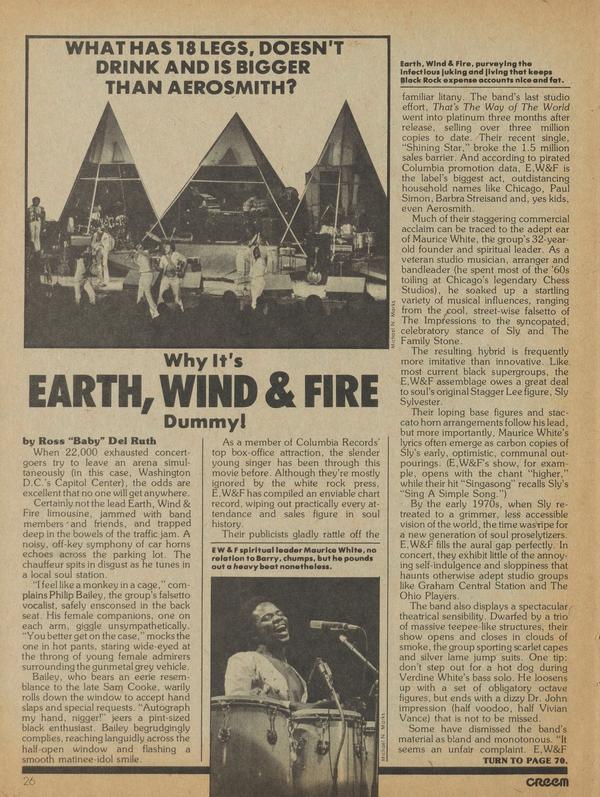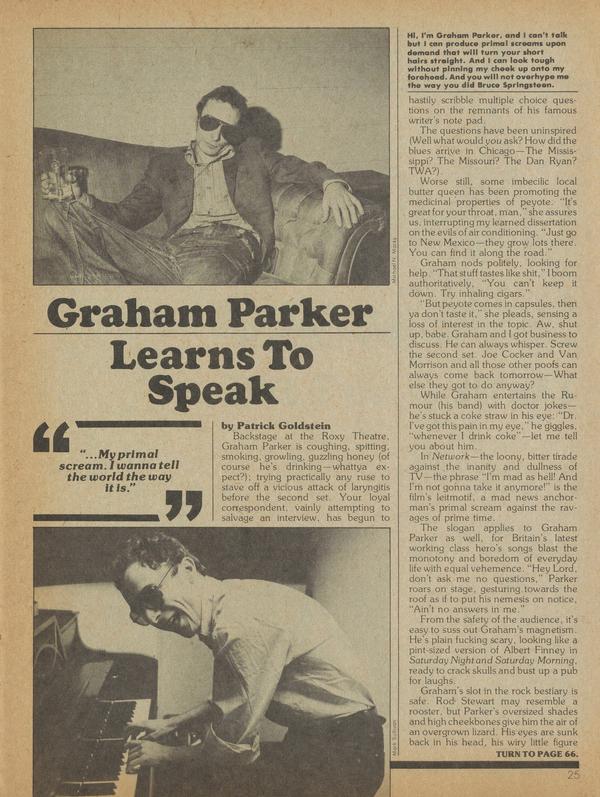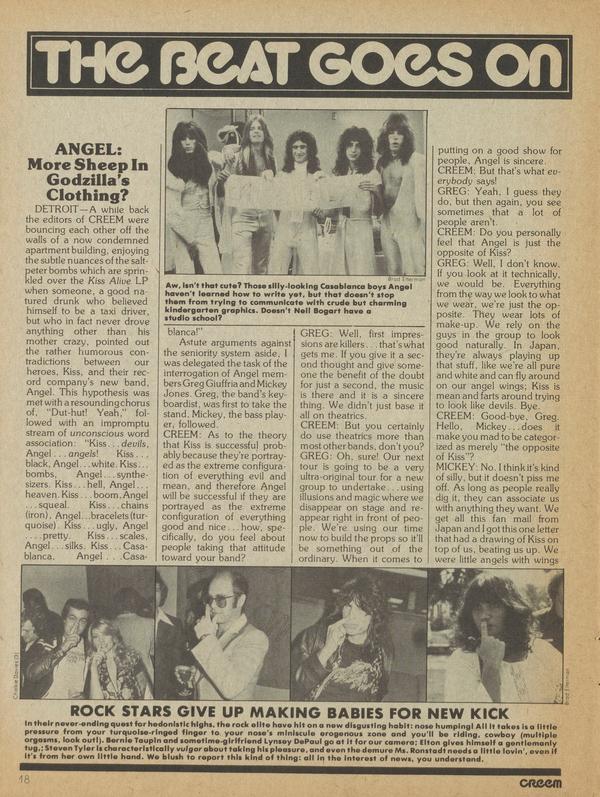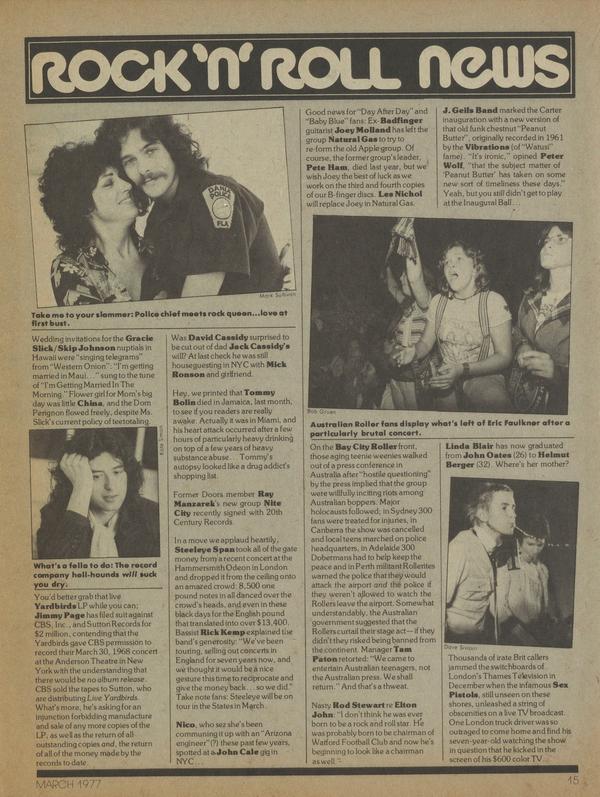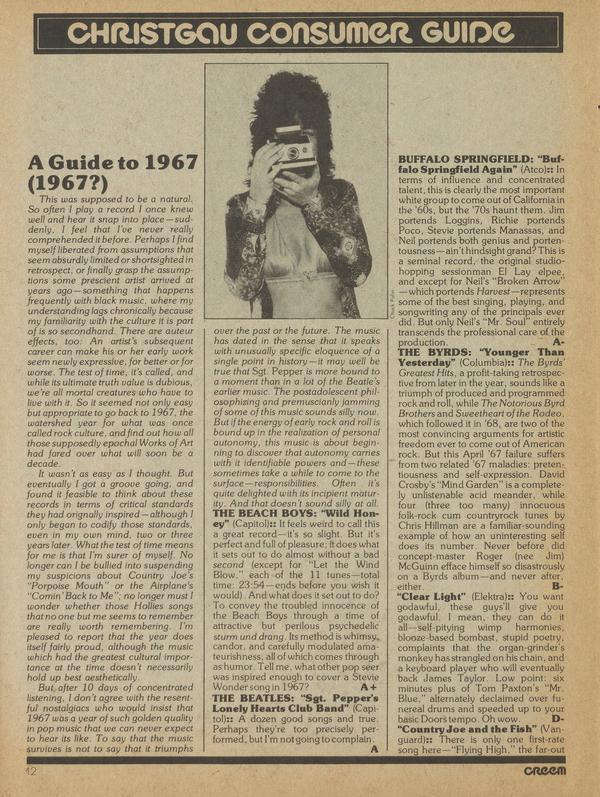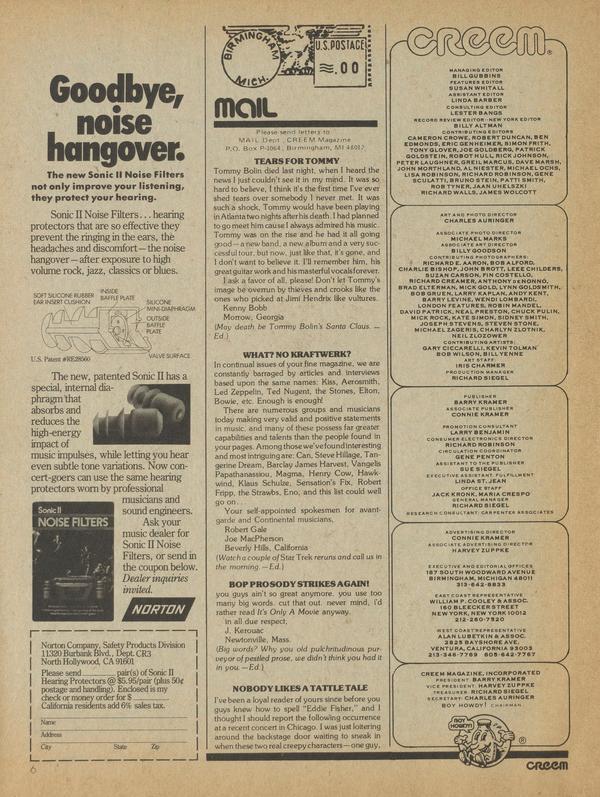Features
GET THE HOOK?
The strange truth about Jefferson Starship.
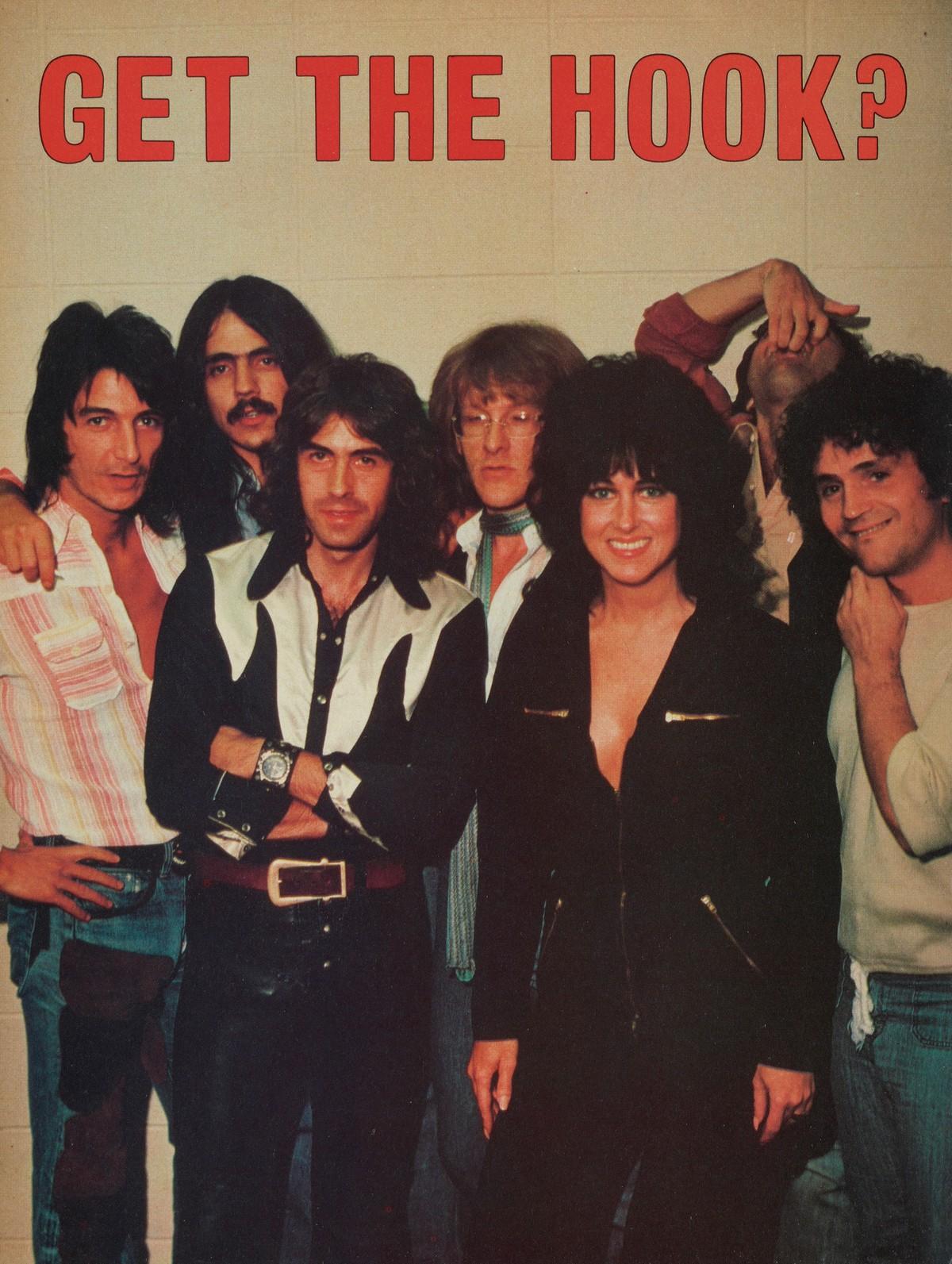
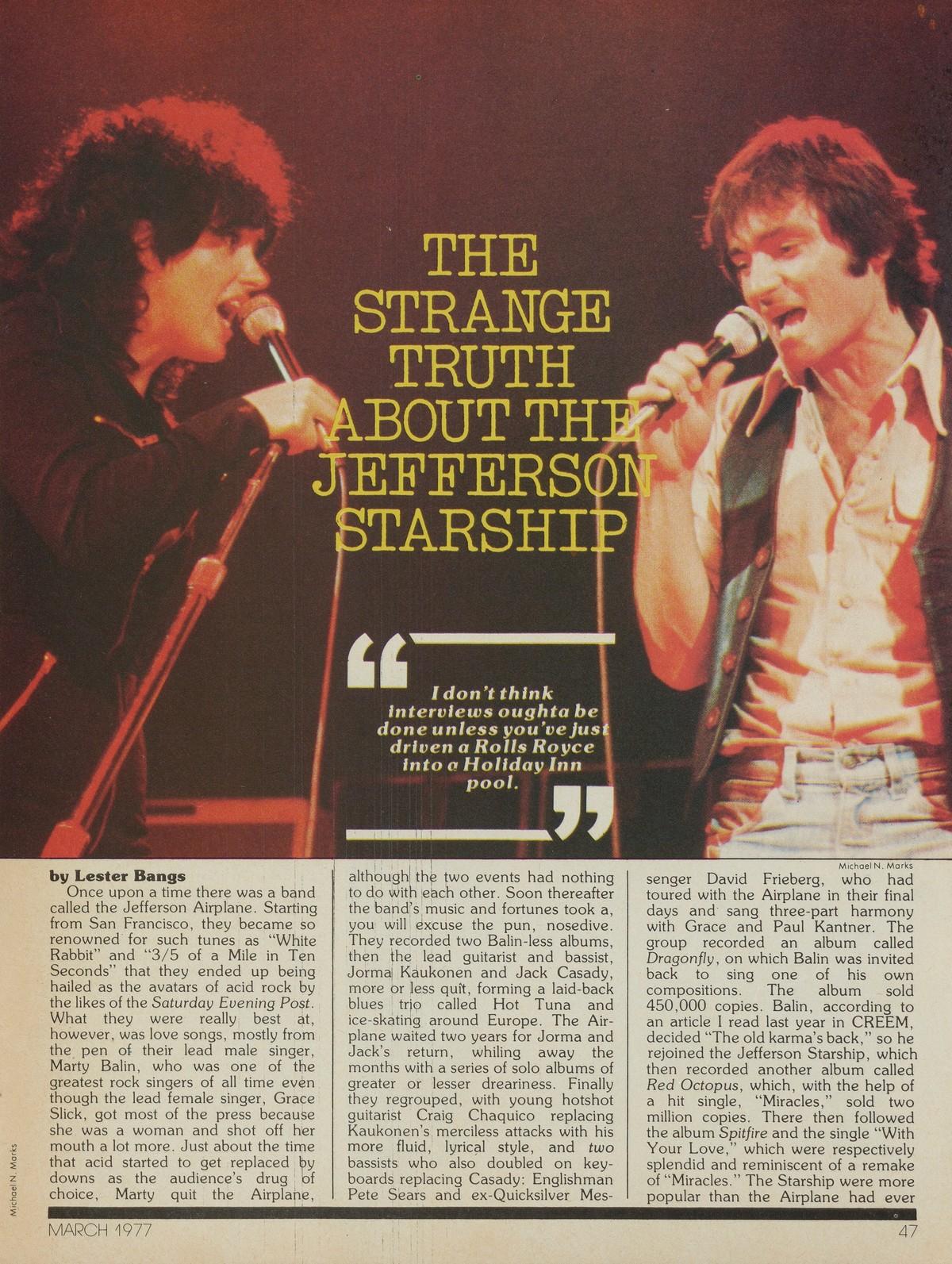
Once upon a time there was a band called the Jefferson Airplane. Starting from San Francisco, they became so renowned for such tunes as “White Rabbit” and “3/5 of a Mile in Ten Seconds” that they ended up being hailed as the avatars of acid rock by the likes of the Saturday Evening Post. What they were really best at, however, was love songs, mostly from the pen of their lead male singer, Marty Balin, who was one of the greatest rock singers of all time even though the lead female singer, Grace Slick, got most of the press because she was a woman and shot off hter mouth a lot more. Just about the time that acid started to get replaced by downs as the audience’s drug ! |of choice, Marty quit the Airplapje, although Ith^ two events had nothing to do with jeiacn other. Soon thereafter the band’s music and fortunes took a, you will excuse the pun, nosedive. They recorded two Balin-less albums, then the lead guitarist and bassist, Jormaj Kaukonen and Jack Casady, more Or less quit, forming a laid-back blues trjp called Hot Tuna and ice-skatirig around Europe. The Airplane waited two years for Jorma and Jack’s return, whiling away the months with a series of solo albums of greater or lesser dreariness. Finally they regrouped, with young hotshot guitarist Craig Chaquico replacing Kaukonen’s, merciless attacks with his more fluid/ lyrical style, and two bassists who also doubled on keyboards replacing Casady: Englishman Pete Sears and ex-Quicksilver Messenger David Frieberg, who had toured with the Airplane in their final days and sang three-part harmony with Grace and Paul Kantner. The group recorded an album called Dragonfly, on which Balin was invited back to sing one of his own compositions. The album sold 450,000 copies. Balin, according to an article I read last year in CREEM, decided “The old karma’s back,” so he rejoined the Jefferson Starship, which then recorded another album called Red Octopus, which, with the help of a hit single, “Miracles,” sold two million copies. There then followed the album Spitfire and the single “With Your Love,” which were respectively splendid and reminiscent of a remake of “Miracles.” The Starship were more popular than the Airplane had ever been, and everybody lived happily ever after. The End.
* * *


